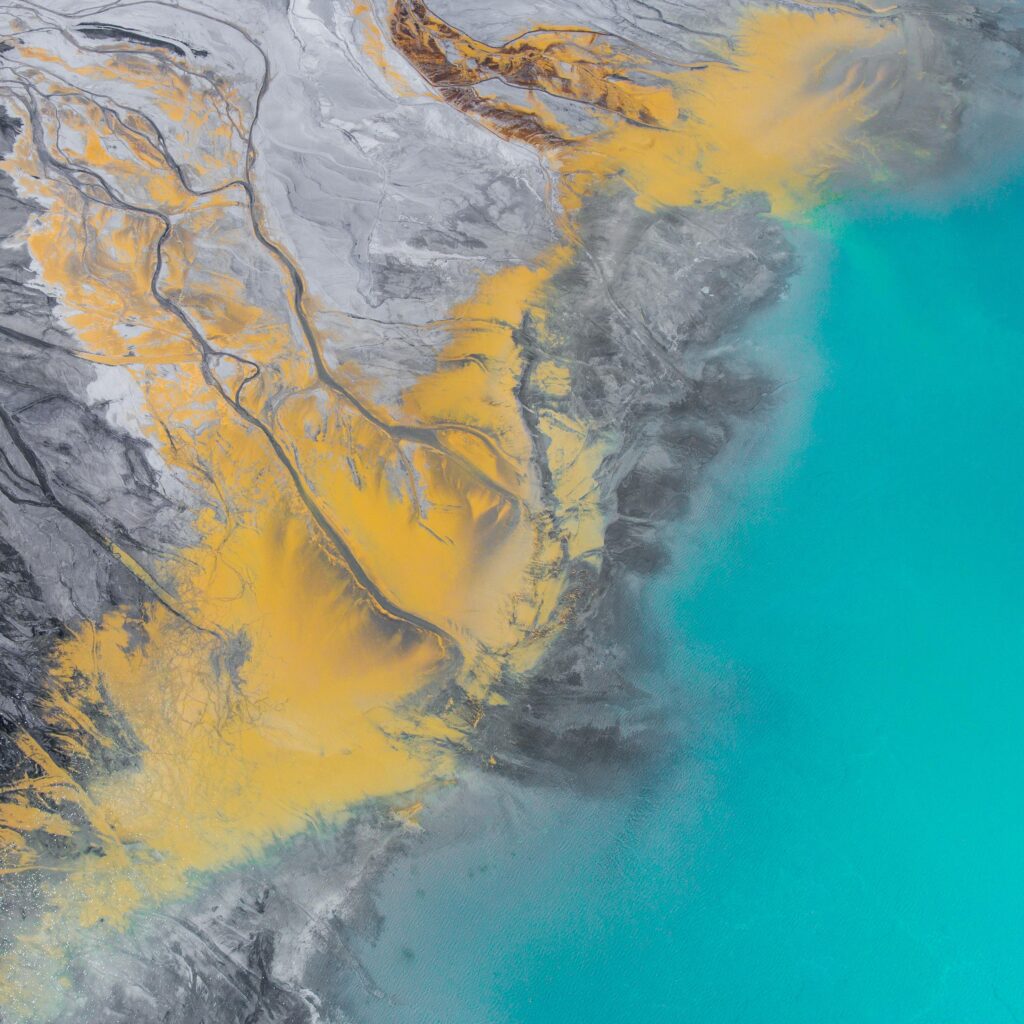Deep learning, a subset of artificial intelligence, has revolutionized numerous industries in recent years, and the field of reservoir characterization is no exception. This article explores the application of advanced deep learning techniques to enhance our understanding and modeling of subsurface reservoirs, a critical component in oil and gas exploration and production.
Reservoir characterization involves the process of quantitatively describing various reservoir properties, such as porosity, permeability, and fluid saturation, using available geological, geophysical, and engineering data. Traditionally, this process has relied on conventional statistical methods and expert interpretation. However, the increasing complexity of reservoirs, coupled with the exponential growth in data volume and variety, has created both challenges and opportunities for more sophisticated analytical approaches.
Deep learning techniques, with their ability to automatically learn hierarchical representations from large datasets, offer promising solutions to these challenges. By leveraging neural networks with multiple layers, deep learning models can capture intricate patterns and relationships within diverse data types, including seismic data, well logs, core samples, and production histories.
This article will delve into various deep learning architectures and methodologies that have shown significant potential in reservoir characterization. We will explore convolutional neural networks (CNNs) for seismic interpretation, recurrent neural networks (RNNs) for time-series analysis of well data, and generative adversarial networks (GANs) for synthetic data generation. Additionally, we will discuss the integration of physics-based models with data-driven approaches, known as physics-informed neural networks (PINNs), to ensure consistency with fundamental reservoir mechanics.
Throughout this exploration, we will highlight real-world case studies, discuss the challenges and limitations of these techniques, and provide insights into future research directions. By the end of this article, readers will gain a comprehensive understanding of how deep learning is transforming reservoir characterization, enabling more accurate predictions, reduced uncertainty, and improved decision-making in reservoir management.
